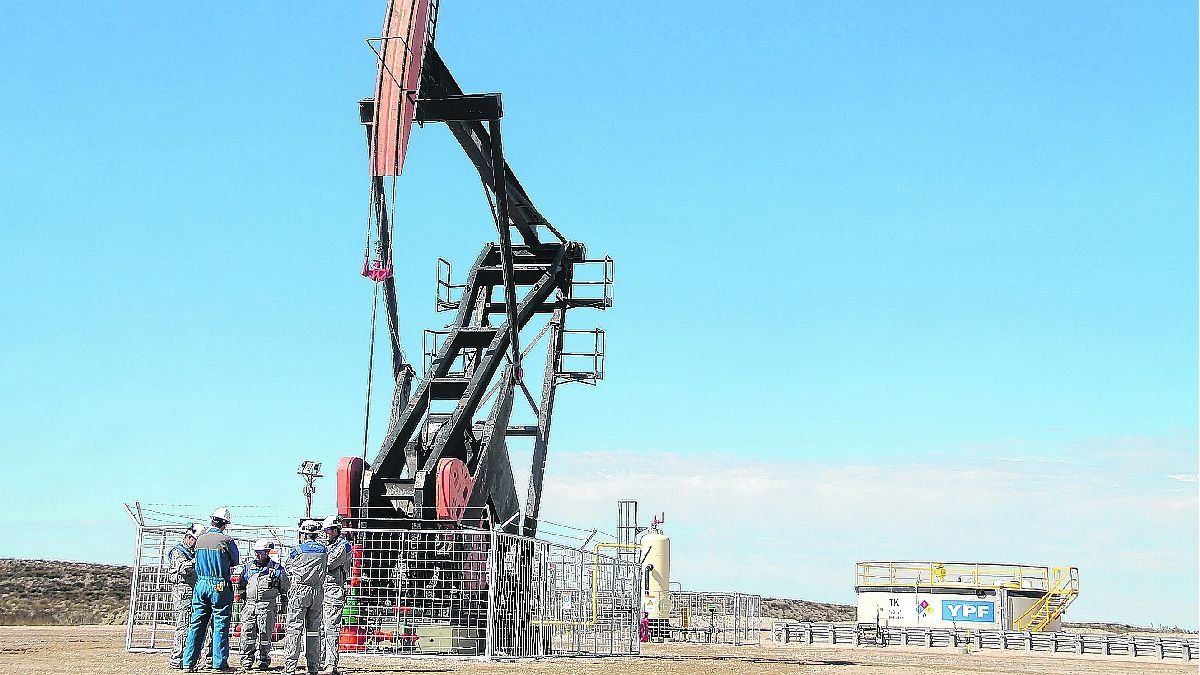After a choppy start, the market trended lower as consensus grew on a tightening of the financial conditions of the FED, as of the September meeting.
For his part, comments made on Monday by the Saudi energy minister, Prince Abdulaziz bin Salmanon disconnection between futures and physical markets, in which he pointed out the possibility that OPEC+ production cuts, have helped push oil prices to three-week highs.
“The suggestion that price was not in line with fundamentals and that OPEC+ might cut output has clearly had the desired effect,” said Craig Erlam, an analyst at Oanda.
“It may also make it difficult to break back below $90 in the short term, unless a nuclear deal is reached and OPEC+’s appetite for cuts is tested,” he added.
The talks between the European Union, US and Iran to revive 2015 nuclear deal continue, and Tehran said it had received a response from Washington to the “final” text from Brussels to resurrect the deal.
The fall of the reserves of crude oil and products of the United States it also added to the upward pressure on prices. Oil inventories fell by 3.3 million barrels in the week ended Aug. 19 to 421.7 million barrels, beating analysts’ expectations in a Reuters poll for a drop of 933,000 barrels.
The upside impact was offset by a lower-than-expected draw in gasoline inventories, reflecting tepid demand.
US gasoline stocks fell by 27,000 barrels in the week to 215.6 million barrels, versus earlier expectations for a 1.5 million-barrel drop.
Source: Ambito
David William is a talented author who has made a name for himself in the world of writing. He is a professional author who writes on a wide range of topics, from general interest to opinion news. David is currently working as a writer at 24 hours worlds where he brings his unique perspective and in-depth research to his articles, making them both informative and engaging.




